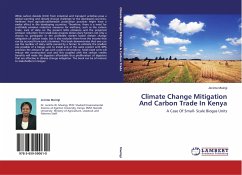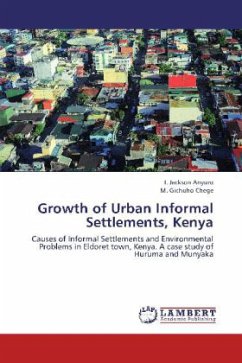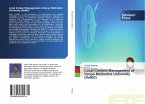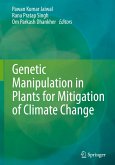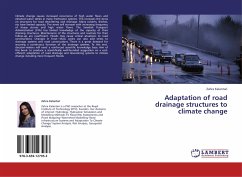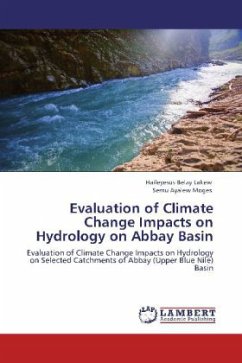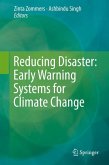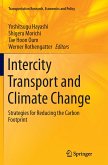While carbon dioxide (CO2) from industrial and transport activities pose a global warming and climate change challenge to the developed countries, methane from agricultural/livestock production practices might have a similar effect in the developing countries. Therefore, there is a need for profitable emission reduction measures for methane, such as the carbon trade. Lack of data on the present GHG emissions and the projected emission reduction from small-scale projects denies dairy farmers not only a chance to participate in the profitable market based climate change mitigation of carbon trade, but it also excludes them from the income that can be accrued from such a business. This book demonstrates that one can use the number of dairy cattle owned by a farmer to estimate the smallest size possible of a biogas unit to install and at the same predict with 89% precision the amount of gas such a plant will produce. Small sized units will reduce the construction cost and this coupled with the carbon credits benefits will make the digesters affordable thus proliferation of digesters that are effective in climate change mitigation. The book can be of interest to stakeholders in biogas

